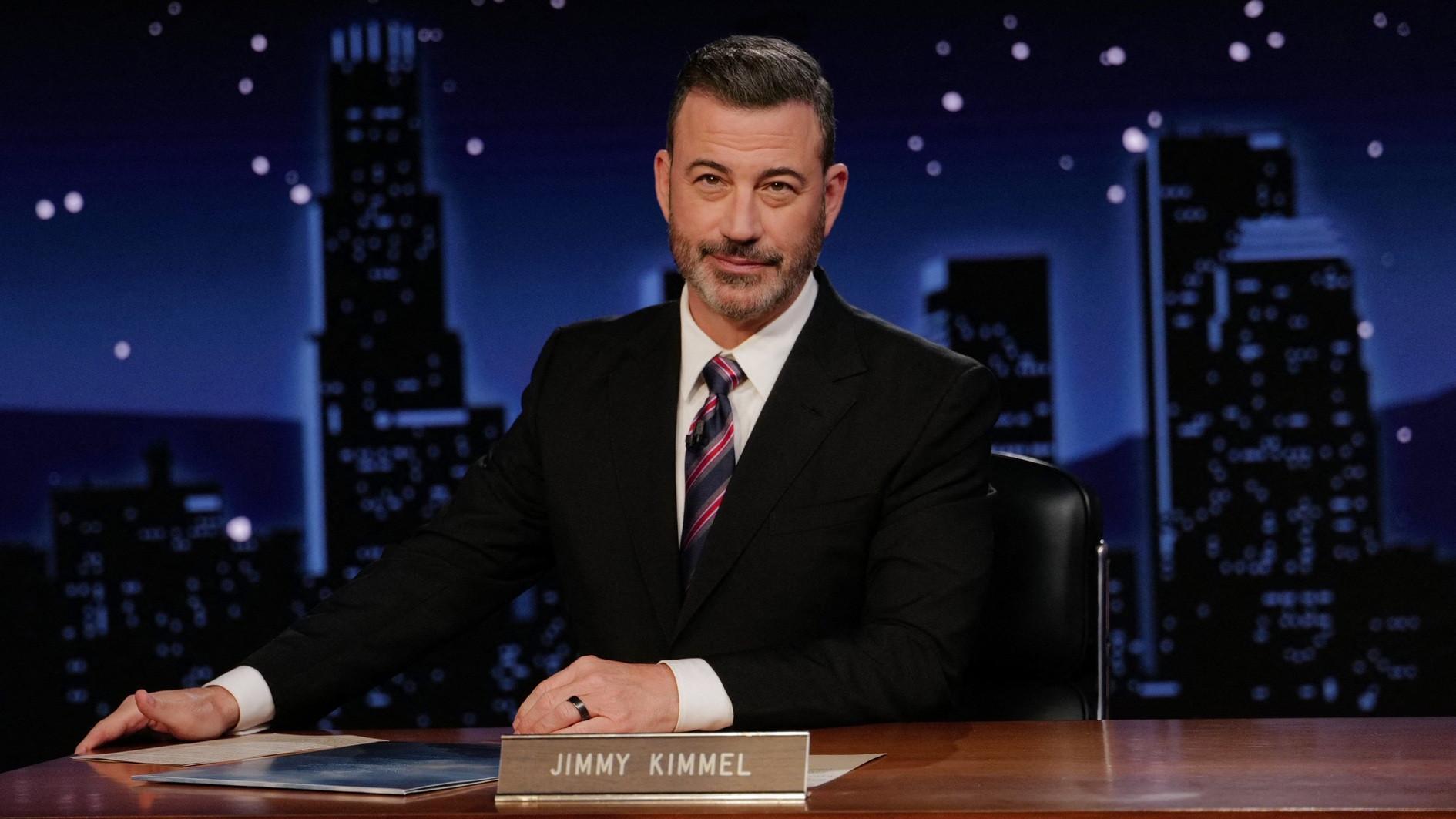
Jimmy Kimmel returned to ABC’s late-night show on Tuesday, attracting nearly 6.3 million television viewers for his comeback broadcast. However, the show remains off the air in several cities, including Washington, Seattle and St. Louis, as ABC affiliates owned by Nexstar and Sinclair continue to preempt the program. Kimmel had been suspended last week over comments regarding slain conservative activist Charlie Kirk, prompting widespread discussion and political attention.
During his return, Kimmel delivered an emotional monologue in which he appeared close to tears, insisting that he never intended to make light of the assassination. He also paid tribute to Kirk’s widow, emphasizing his commitment to addressing the sensitive situation thoughtfully. Despite the local blackouts, the host reached a much larger audience online, with more than 15 million viewers watching his opening remarks on YouTube by Wednesday evening. ABC reported that total social media views of Kimmel’s return exceeded 26 million, significantly surpassing his typical nightly television audience of around 1.8 million.
The ongoing preemptions by Nexstar and Sinclair, which together own about a quarter of ABC’s affiliates, have sparked scrutiny from U.S. senators, who are investigating whether political influence played a role in the decision. Media analysts note that this dispute illustrates the growing tension between network programming and local station ownership, especially when political considerations intersect with content decisions.
Reactions to Kimmel’s monologue have been mixed. While some commentators, including fellow comedians, praised it as “brilliant,” others, particularly supporters of Kirk, criticized it as insufficient. The incident underscores the evolving dynamics of late-night television, where social media, online streaming, and political divisions increasingly shape the reach and reception of network shows.
Analysts also warn that the dispute could set a precedent for future conflicts between networks and affiliates, as station groups consolidate and seek to assert influence over programming. Observers say the rise of online platforms gives hosts like Kimmel alternative ways to reach audiences, potentially reducing the traditional leverage of local stations. This case highlights how political and commercial considerations are becoming increasingly intertwined in American media.